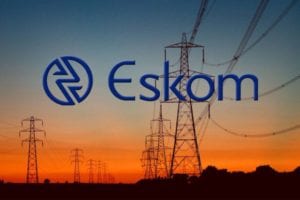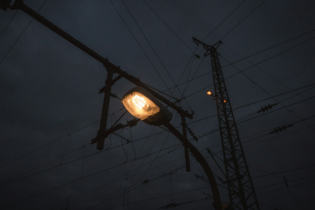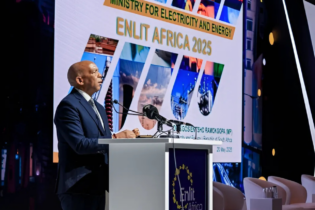Eskom has signed a power supply agreement with its Zimbabwean counterpart Zesa. The energy parastatal is part of the Southern African Power Pool (SAPP), and so is Zesa, where member utilities sell surplus electricity to each other depending on the need.
South Africa, through Eskom, has been involved in the electricity sector in various countries in Africa for a long time and has utilised different forms of engagements. This has been done mainly through bilateral trading arrangements, using instruments such as Power Purchase and Power Sales Agreements. Eskom is also committed to ongoing participation in the Southern African Development Community (SADC) region through SAPP as an institution. SAPP is made up of South Africa, Botswana, Lesotho, Mozambique, Namibia, Swaziland, Zambia and Zimbabwe, connected through an integrated grid.
Participation in East and West Africa (Uganda and Mali respectively) has been undertaken through long-term Operating and Maintenance Concession Agreements.
The flagship regional projects that Eskom has been involved in over the years include the Hidroelectrica de Cahora Bassa (HCB) hydro scheme in Mozambique, with the explicit objective of developing the HCB infrastructure to generate power and distribute to the territories of Mozambique and South Africa for the benefit of the people of the respective countries. Eskom also plays a pivotal role in the transmission interconnection that connected Zimbabwe, Botswana and South Africa in 1995, which opened up a corridor for electricity to flow as far as the Democratic Republic of Congo (DRC) in the north and Namibia in the far south-west.
Eskom’s regional development strategy involved creating the Southern African Energy Unit, through which we import electricity from Lesotho, Mozambique and Namibia, and sell electricity to Botswana, Lesotho, Mozambique, Namibia, Swaziland, Zambia and Zimbabwe, on either firm or unfirm agreements.
We are aware that our responsibilities to supply our neighbouring countries may create an apparent conflict when the domestic supply-demand balance is constrained. To reduce the impact of exports, we have ensured that power supply agreements with SAPP trading partners are sufficiently flexible to allow for the following controls during emergency situations in South Africa:
-
Discretionary agreements (Zimbabwe and Zambia) are declined in advance in anticipation of a tight supply situation
-
International industrial end-use customers are interrupted in line with the terms of their agreements
-
Non-firm agreements (Botswana and Namibia) are reduced in proportion to our local large customers in the event of an emergency, and reduced to zero if rotational load shedding is required
-
Firm supply agreements (Swaziland and Lesotho) continue to be supplied, but they are urged to reduce consumption. However, if rotational load shedding is required in South Africa, they are required to undertake proportional load shedding
Eskom will continue to provide regular updates on the state of the power system through various media platforms.







